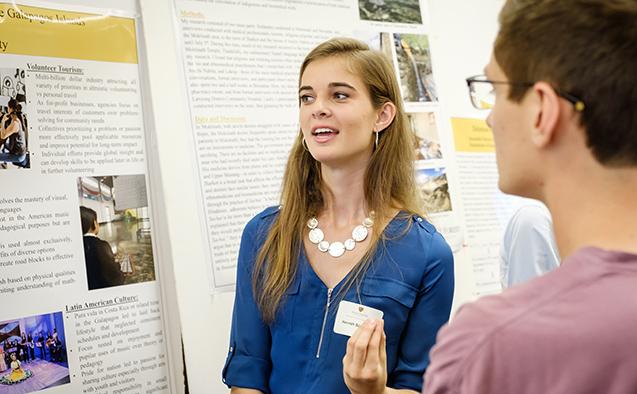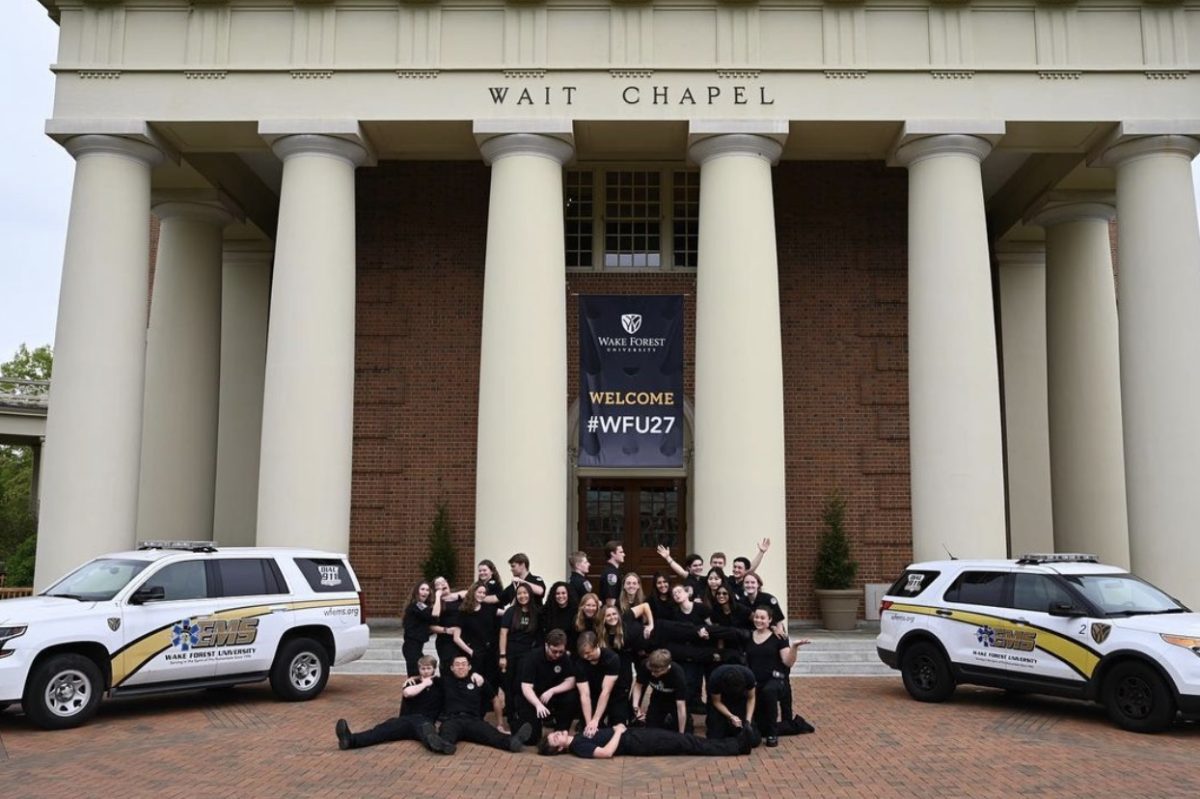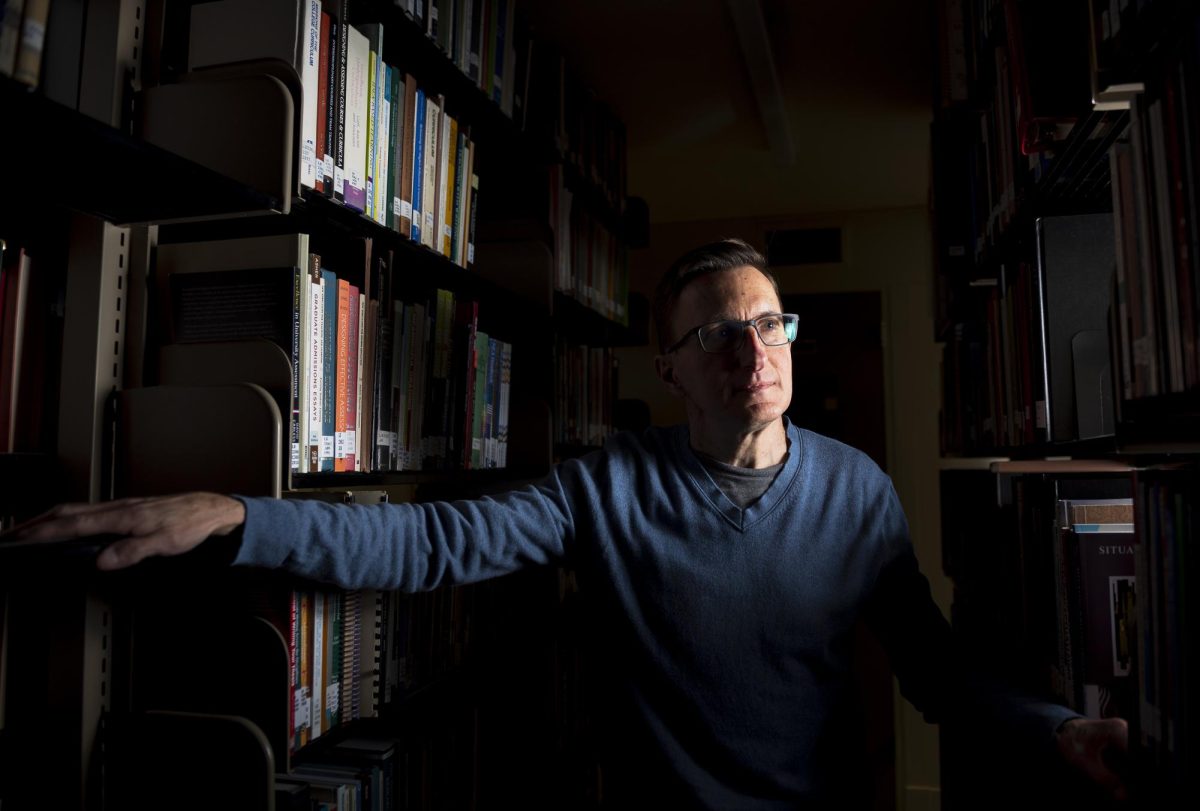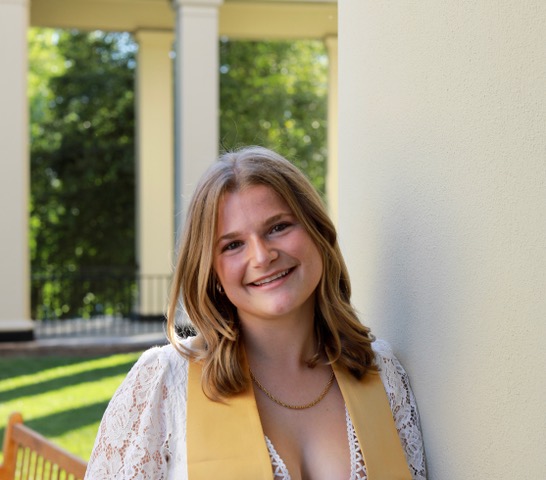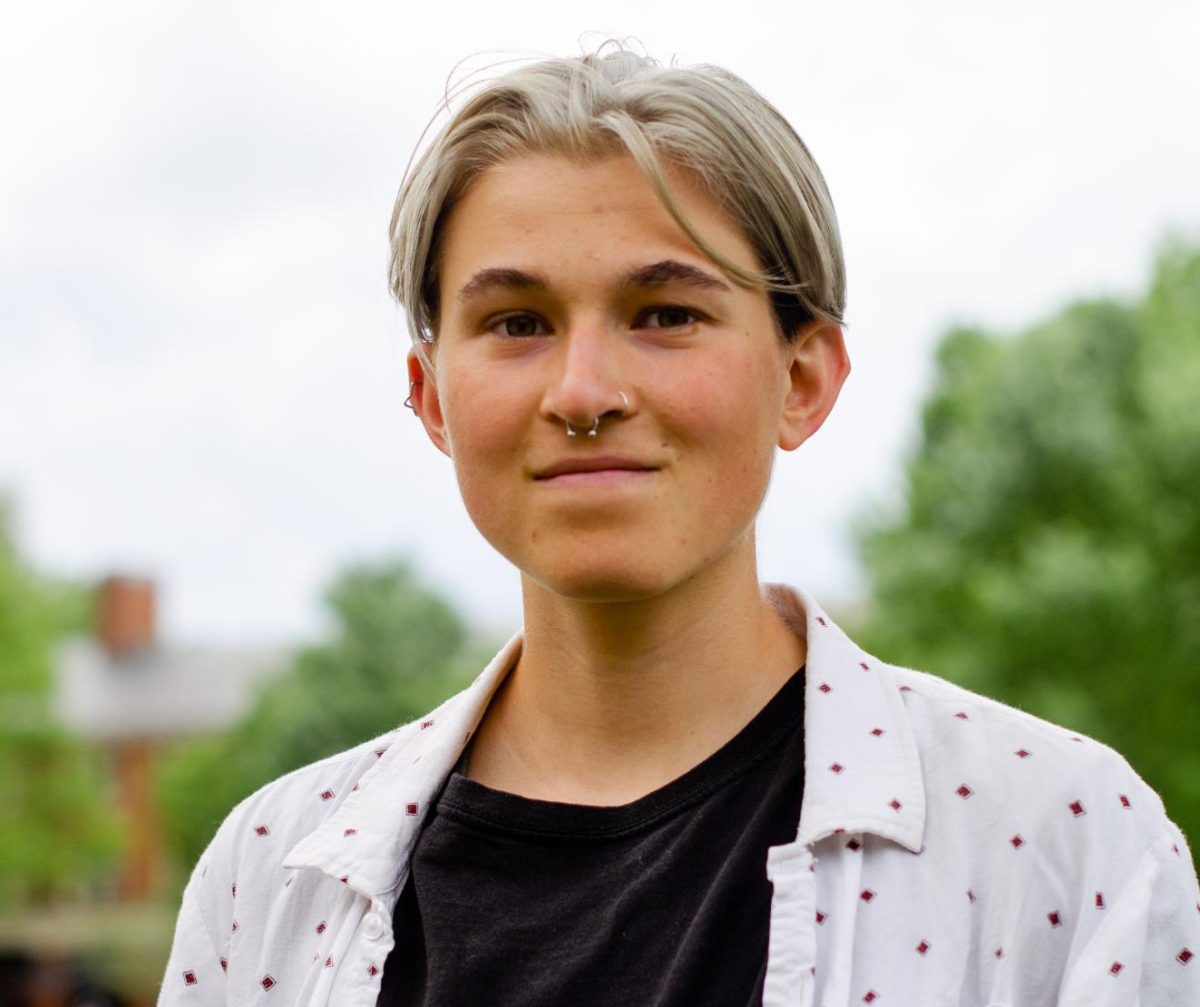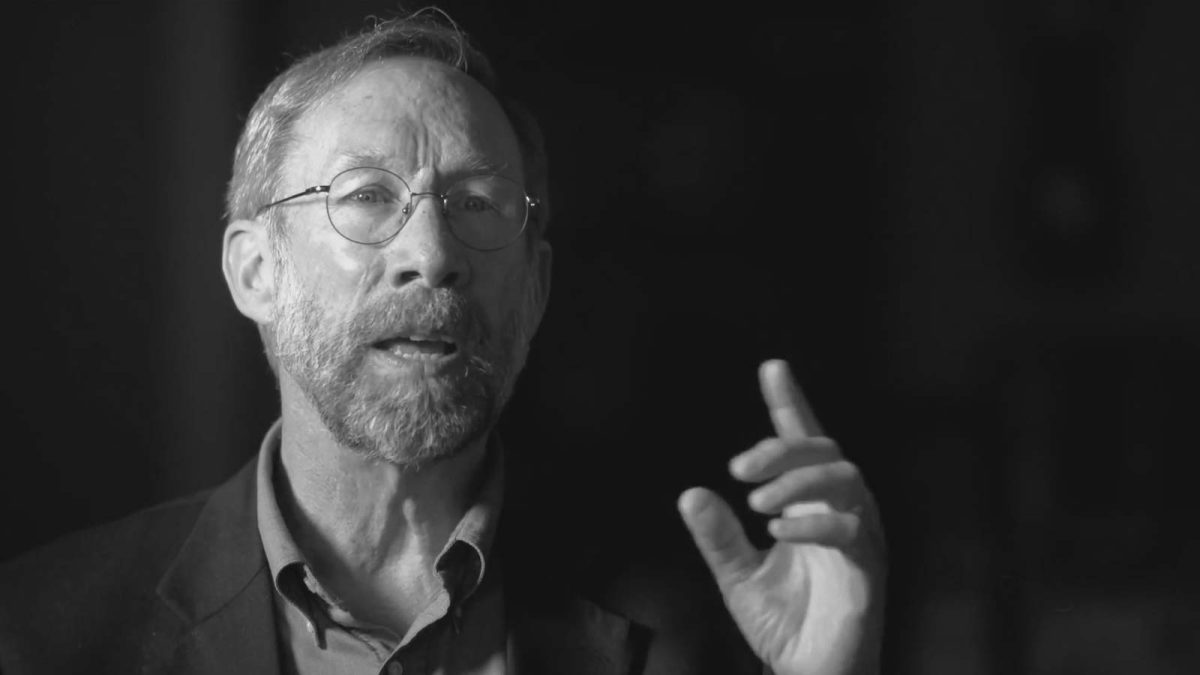Hannah Scanlon is a junior majoring in applied mathematics. She has a passion for her research and for her extracurriculars, which led to her most recent award. Scanlon was named a 2020 Barry S. Goldwater Scholar, a program created in 1986 to serve as a “living memorial” of Senator Barry Goldwater, as well as celebrate future leaders in STEM.
How does it feel to be the Barry S. Goldwater Scholar?
I was incredibly honored to be named the 2020 Goldwater Scholar. It came from a huge, very competitive pool of applicants and it’s a really amazing, prestigious award for which I am honored to have been selected.
What was the application process like?
It was a long process. It was actually a two-part process. The first part was that you actually had to get nominated by the school. So, every university can only nominate up to four people from their school that they believe are good applicants for the scholarship. So, the first part of my application was applying for that nomination. I wrote a statement of my research interests, as well as my past research involvement, and gave them some names of my professors that could speak to what I’m like as a student and a researcher.
After I was selected for the school’s nomination, the national selection process was similar, a little more in depth. I, again, wrote a research statement of past research I’ve been involved in, in a couple different areas, as well as where I see my future research taking me. I also got several recommendations from professors that I have worked with.
What do you do now that you have been awarded the scholarship?
It really reaffirms my desire and my goal to go to graduate school for a Ph.D. in applied mathematics or mathematical biology. The idea behind the scholarship is to select students that will be, kind of, the nation’s next big researchers and people involved in areas of science. I would really like to live up to that title and I’ve been interested for the last couple of years in pursuing a Ph.D. and plan to continue on that path looking to find a program that really fits my interests at the combination of mathematics and biology.
So, you are majoring in applied mathematics. What would you like to do with that post graduation, or post receiving your Ph.D.?
So, I’m interested in the Ph.D. because I am truly interested in research and the ways that math can be used to solve questions, particularly in biology, public health and medicine. There are a lot of really cool things, and really cool research projects out there, about questions that can’t be solved by the typical methods. Whether it’s disease modeling, which we’ve seen a lot about recently and that my research is involved in, or whether it’s modeling different components of diseases or different ways that chemicals affect the body to be used in drug trials. I think these are really cool, really applicable ways that we can use these topics in math that I’ve always found very interesting to solve real questions that are big issues in the world. So, my goal is to get the education and the background I need to answer these questions that I have and to really help in these areas of public health, medicine and biology.
What are you involved with on campus?
Two of my biggest, proudest involvements on campus are with Alpha Phi Omega (APO), the service fraternity on campus, and the Wake Forest ultimate frisbee team. I rushed APO my freshman spring and it’s been a huge part of not only my community on campus, but also my involvement in service-related activities. [This] has allowed me to get to know people across all different areas of campus, which has been really impactful on my education, as well as made my time at Wake [Forest] a whole lot more enjoyable. As well as ultimate frisbee, I am currently the captain of the women’s frisbee team practice. I joined the team one of my first weeks on campus — [I] absolutely love it. I think it’s a really good way to relax and have some time with friends and stay active while going through all these rigorous courses and research that I have signed myself up for.
How has being involved on campus interacted with your academic life?
There is a lot of interaction, whether it’s in seeing the same people in my classes and my research as I see in some of these activities and really getting to make some strong bonds with those peers of mine. As well as allowing the two to kind of build off each other and help each other. In research environments and the courses I have chosen to take at Wake [Forest] it can be a really stressful environment, really high pressure, to take all these challenging classes and make this progress on research and I’ve often struggled with how much I have going on and how much I need to do academically. So, it’s really helped me to have these extracurriculars that I’m really passionate about and where I have a really strong community of friends that will allow me to step back from the math, step back from my courses and have some fun and enjoy myself and not get too bogged down in the work that is college.
What would you recommend to future scholar applicants?
I would definitely recommend getting to know your professors and getting involved. I couldn’t have done any of what I’ve been able to do without the support of my professors. Particularly, on campus I have worked closely with Dr. Tom Phillips, who’s an associate dean of the school, as well as Dr. John Gemmer, who is a professor in the math department. Dr. Gemmer, especially, has really helped me explore my interests in math and find the right opportunities and given me ideas and has mentored me everyday on where to go [and] on what are my next steps. Without them, without their ideas, I wouldn’t have been able to do any of this. I don’t come up with these research projects on my own or do it on my own in the least. But, I’ve been really impressed and really appreciative of the professors at Wake [Forest] and how much they care and want to help and support their students. I’m lucky to have been able to connect with some really great mentors.



